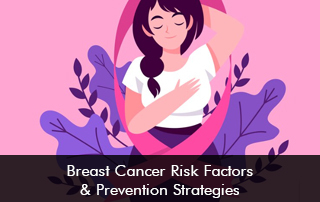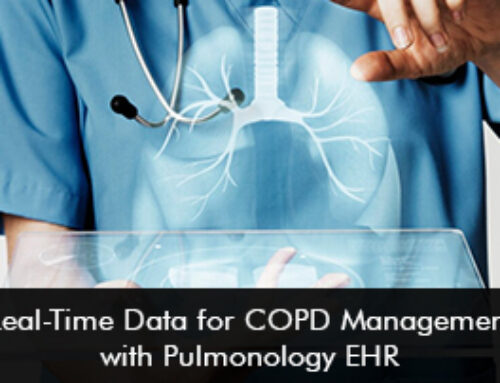Millions of people throughout the world are impacted by breast cancer, which is a serious illness that may change a person’s life. There are a number of risk factors connected to the development of breast cancer, however it can affect anybody. This blog article will examine the main breast cancer risk factors and provide helpful preventative advice that can help lower your risk.
Understanding Breast Cancer
Understanding breast cancer is crucial before exploring risk factors and prevention. Breast cancer develops when abnormal cells grow out of control and create a tumor in the breast. They might be malignant (cancerous) or benign (non-cancerous) tumors. The prognosis for breast cancer can be improved with early identification and rapid treatment.
Risk Factors for Breast Cancer
Gender:
Breast cancer is more common in women, although men can also develop it.
Age:
The risk of breast cancer increases with age, with most cases diagnosed in women over 50.
Family History:
If you have a close family member (mother, sister, or daughter) who has had breast cancer, your risk may be higher.
Genetics:
Certain gene mutations, such as BRCA1 and BRCA2, significantly increase the risk of breast cancer.
Hormone Replacement Therapy:
Long-term use of hormone replacement therapy can increase the risk.
Personal History:
If you’ve had breast cancer in one breast, you have an increased risk of developing it in the other breast.
Radiation Exposure:
Previous radiation therapy to the chest area can elevate the risk.
Dense Breast Tissue:
Dense breast tissue can make it harder to detect tumors on mammograms and is associated with a higher risk.
Lifestyle Factors:
Factors such as alcohol consumption, obesity, and lack of physical activity can increase the risk.
Prevention Strategies
Regular Screenings:
Early detection through mammograms and self-breast exams is crucial. Women should discuss screening schedules with their healthcare providers.
Healthy Lifestyle:
Maintain a healthy weight, engage in regular physical activity, and limit alcohol consumption.
Breastfeeding:
Women who breastfeed may have a reduced risk of breast cancer.
Genetic Testing:
If you have a family history of breast cancer, consider genetic counseling and testing.
Hormone Therapy:
Discuss the risks and benefits of hormone replacement therapy with your healthcare provider.
Eating a Balanced Diet:
Consume a diet rich in fruits, vegetables, and whole grains, which may help reduce the risk of breast cancer.
Awareness and Education:
Learn about breast health, risk factors, and self-examination techniques.
Role of EHR Systems in Breast Cancer Treatment:
EHR (Electronic Health Record) systems have a big impact on breast cancer treatment. In addition to facilitating effective communication between healthcare professionals and the early identification and monitoring of breast cancer, they give thorough patient information. EHRs assist with individualized treatment plans, provide significant data for breast cancer research, include patients in their care, simplify administrative work, and enable telemedicine for distant consultations. Overall, EHR systems improve the standard of care, patient empowerment, and research, ultimately leading to better breast cancer management and outcomes.
Although breast cancer is a tough foe, knowing the risk factors and adopting precautions can greatly lower the probability of its occurrence. People may empower themselves to take charge of their breast health by adopting a healthy lifestyle, getting frequent tests, and being educated. Keep in mind that information is power, and that the more lives we can save by increasing awareness of breast cancer, the better. Spread the message, offer support to those who need it, and take steps to eliminate breast cancer from the planet.







